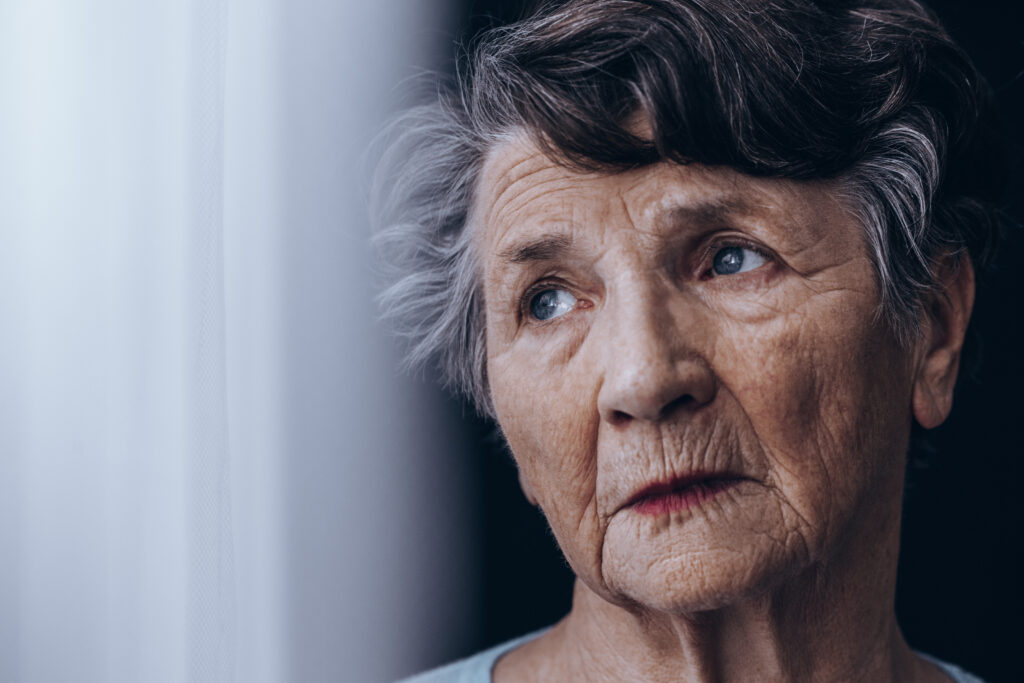Signs and Symptoms of Hopelessness
Hopelessness is defined as a lack of hope, optimism, and passion. Truly, people who feel hopelessness may feel stuck and unable to get beyond that feeling. Also, they may not have an expectation of success in the future. Consequently,they may have specific signs and symptoms of hopelessness.
In this article, we will discuss what hope and hopelessness are and who feels hopelessness. Also, we will cover the signs or symptoms, how it can affect you, types of therapy, and tips on holistic ways to alleviate these feelings. While hopelessness is challenging, it can be overcome.
What is Hope?
Hope is connected to three needs that are vital to our lives. These are first, attachment, or our ability to connect to others in a meaningful way. Second, mastery, or our ability to get things done and be successful. And lastly, survival, or our ability to overcome the challenges we face in life and build resiliency. When these things are compromised, we feel hopelessness.
What is Hopelessness?
Hopelessness is a feeling that can be described as a mood that is dark or low. It can impact the way you see yourself or others and the things happening around you. It can also cause you to lose interest in things you once enjoyed, ie: people or activities and events.

Someone who is experiencing hopelessness may feel the following things:
- Uninspired by the things around you.
- Feeling powerless to change things.
- A sense of being abandoned.
- Feelings of oppression.
- Isolation from those around you.
Who Feels Hopelessness?
Anyone can feel hopelessness. Moreover, it doesn’t matter what your socioeconomic status, race or gender is; where you live; or how hopeful you may have been before it happened. Many people feel sadness, loneliness or depression in life. However, it is when these feelings become overwhelming that they may keep you from leading a normal life.
What Causes Hopelessness?
Hopelessness can be a symptom of many behavioral and mental health issues, including depression, anxiety, post-traumatic stress disorder (PTSD), or substance dependency. However, hopelessness doesn’t always happen with these conditions. In fact, these feelings could be caused by a variety of events. For instance, financial issues, relationship problems, health concerns, or other such negative circumstances.
Signs and Symptoms of Hopelessness
There are many signs and symptoms of hopelessness. That is why having many of the signs could be an indication that you’re suffering from this disorder. Some of the common signs or symptoms are:
- Feeling depressed or anxious much of the time.
- Experiencing trouble with not sleeping or sleeping too much.
- Not having an appetite.
- Poor attention to personal hygiene or your health.
- Avoiding spending time with family and friends or others outside the home.
- Not having interest in things you once cared about.
- Significant mood changes.
- Feelings of being a failure or having frustration over not doing things as well as you used to.
- Feeling that your life has no sense of purpose and that it is inescapable.
- Not doing well at work or school.
- Not considering the consequences if you engage in risky activities and tempting fate.
- Feelings of anger or uncontrolled violent behavior.
How Can Hopelessness Affect You?
Regardless of what may be the cause for your feelings of hopelessness, it can be harmful. Additionally, it can compromise your sense of stability as well as how you interact with the world. It may also prevent you from having the motivation needed to seek help or use resources that may be available to you.
Feelings of hopelessness could lead to thoughts about suicide or making attempts if they continue for a long period of time. If someone has expressed thoughts about killing themselves, the following warning signs could indicate that they have decided to do the act:
- Giving away their prized possessions to people.
- Putting their affairs in order, such as making a will.
- They try to find firearms, pills, or other means of harming themselves.
- Sudden feelings of happiness or joy.
You can encourage them to seek assistance from a mental health professional. Even more you can call a helpline such as the National Alliance on Mental Illness (NAMI) or the National Suicide Prevention Lifeline. If you think they may try to hurt themselves in the very near future, please call 911.
Types of Therapy
There’s now more access to therapy and treatment. Even more, support from insurance companies are now required to pay for medical interventions. You can find help through internet searches for mental health professionals, contacting your insurance provider for in-network options.
One common form of therapy for someone who is experiencing homelessness is called cognitive behavioral therapy. The therapy targets your negative thoughts and your assumptions and requires you to carefully analyze your assumptions. You may be resistant to cognitive therapy because of how hopelessness makes you feel. Therapists can help you overcome this problem by working to deal with these feelings and focusing on enhancing your self-esteem.
There are also new psychotropic medications that can help with the feelings of hopelessness.
Tips to Alleviate These Feelings
You can help make some more holistic changes that can help alleviate your feelings of hopelessness. The changes can seem overwhelming, and it is recommended that you do them in small increments. Some suggestions are:
- 7-8 hours of sleep daily.
- Eating healthier foods.
- Exercising regularly.
- Breathing exercises and meditation.
- Using less technology.
- Avoiding alcohol and other drugs.

Another thing to do is to question your hopelessness and not allow it to get the best of you. Try not to over exaggerate how you are feeling, try to see how it really is and not that it is worse than you think it is.
Also, try to think of a time when you were not feeling hopeless so you can remind yourself that you have not always felt like this.
Final Thoughts
Hopelessness may not feel like it is something that you can ever escape. You may also feel that you will never snap out of this. In actuality, it does not always have to be a part of your life. Reaching out to friends, family and medical professionals can help turn your hopelessness around and get you to a place where you feel better.
